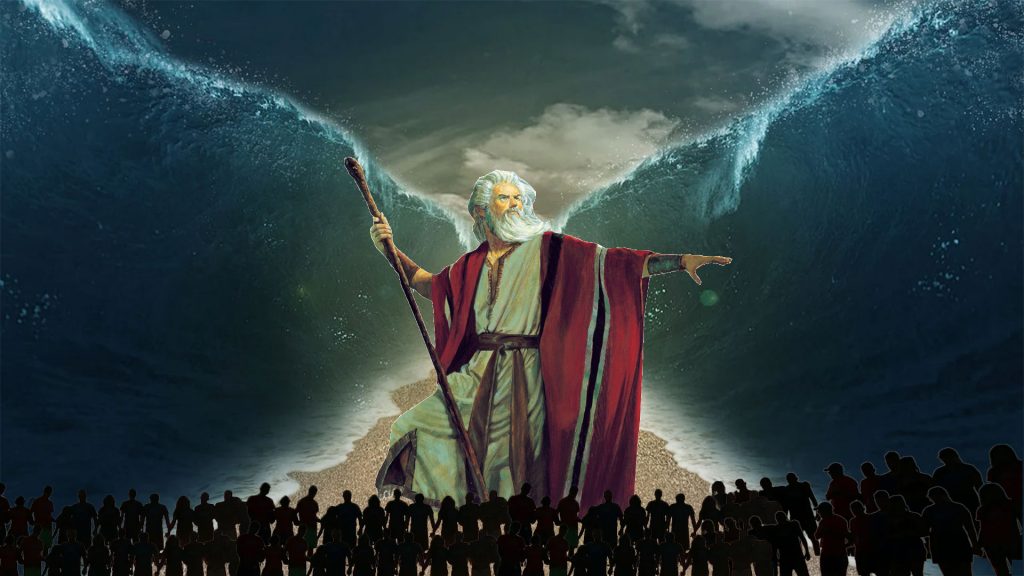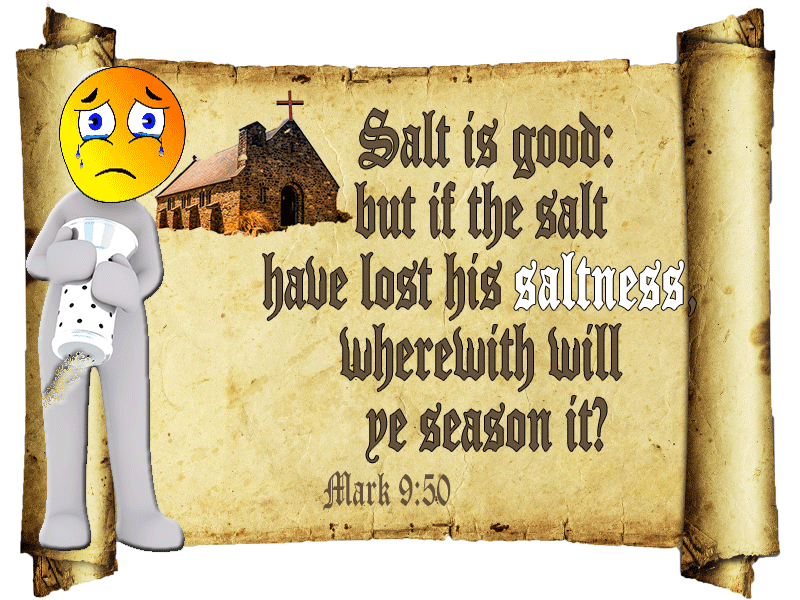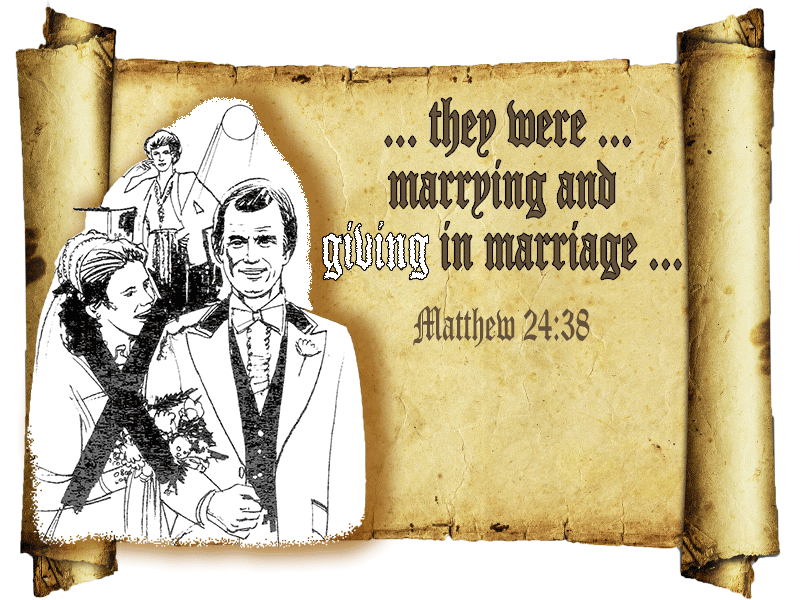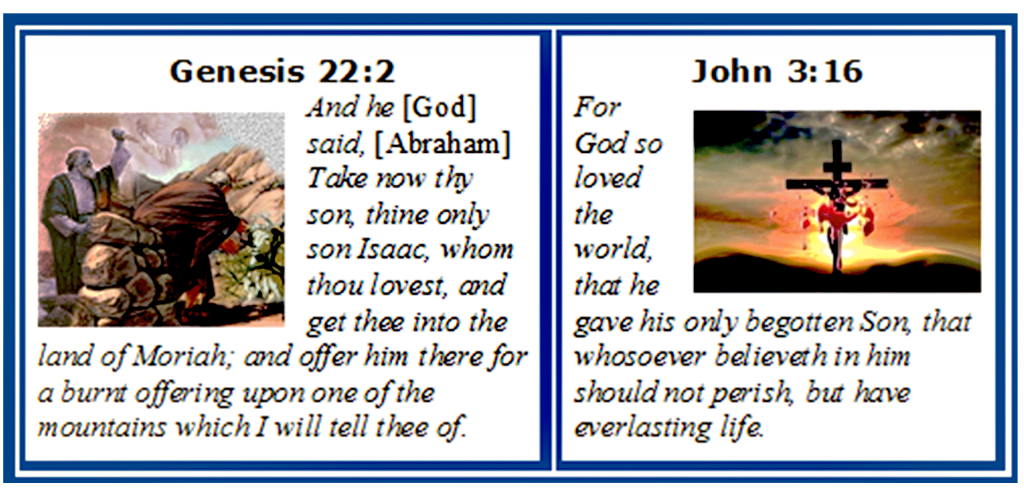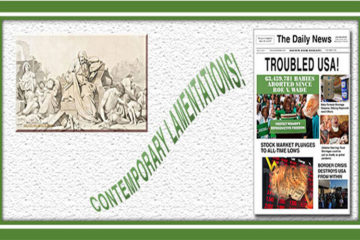What is a similitude?
A similitude, or figure as it’s sometimes called, is an action, circumstance, or experience to illustrate a future event or to reference something familiar. God’s tempting of Abraham, as recorded in the twenty-second chapter of Genesis, is, among other things, a similitude referencing a future event. That future event is the crucifixion, burial, and resurrection of Jesus Christ. Below are some Scriptural examples of similitudes and figures as they are used in the Bible:
Lest ye corrupt yourselves, and make you a graven image, the similitude of any figure, the likeness of male or female. Deuteronomy 4:16
They made a calf in Horeb, and worshipped the molten image.Thus they changed their glory into the similitude of an ox … Psalm 106:19-20
I have also spoken by the prophets, and I have multiplied visions, and used similitudes, by the ministry of the prophets. Hosea 12:10
God is reminding the Israelites through every possible example, illustration, and analogy, and through many prophets, that He has warned them to turn from sin. Yet, sadly, they refused.
Nevertheless death reigned from Adam to Moses, even over them that had not sinned after the similitude of Adam’s transgression, who is the figure of him that was to come. Romans 5:14
By faith Abraham, when he was tried, offered up Isaac … Accounting that God was able to raise him [Isaac] up, even from the dead; from whence also he [Abraham] received him in a figure. Hebrews 11:17-19



